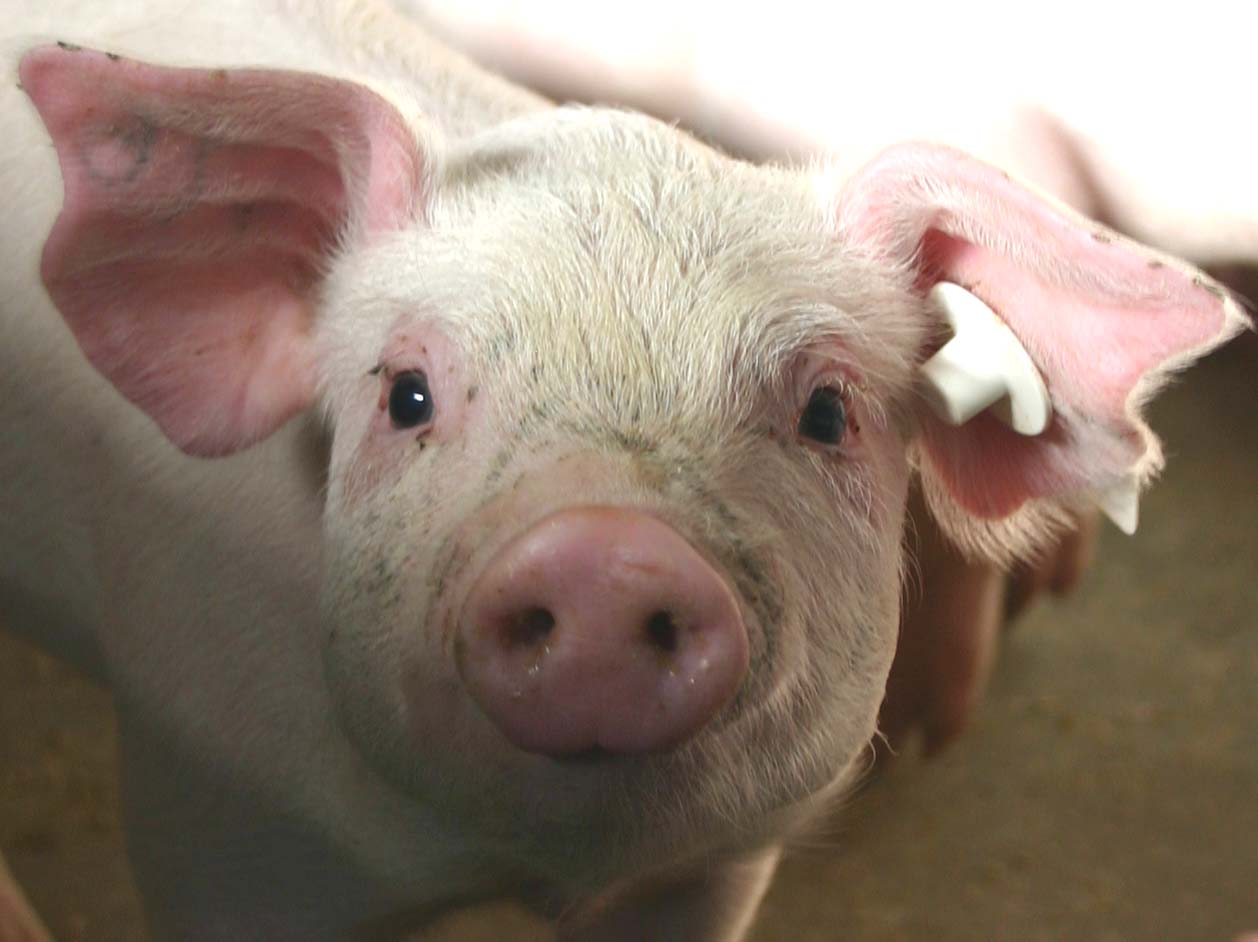Can we use genetic variations to reduce the use of antibiotics?
Selection for pigs with genes for healthy intestinal flora may be able to reduce agriculture’s use of antibiotics and thus reduce the problems of antibiotic resistance. New knowledge paves the way for this opportunity.

There is an entire world of beings in the gut of humans and animals. This inner microbial universe is essential for animal health. Balancing the composition of the gut flora and, consequently, body health depends on a wide range of genetic and environmental factors, which we only just recently have started to understand. It now appears that a certain variant of the FUT1 gene has a significant impact on gut flora composition of pigs. These genetic differences may be important to gut health in pigs and, as a consequence, their need for antibiotic treatment.
In the course of her PhD studies Marianne O. Hesselager from the Department of Molecular Biology and Genetics, Aarhus University, discovered that naturally occurring variants of the FUT1 gene affect the way in which certain sugar structures behave in the intestine. This is of significant importance to intestinal bacteria and their ability to attach themselves to the intestinal lining and colonise.
Control of sugar and bacteria
In order to understand this mechanism we must take a closer look at gut biology and chemistry. In pigs, certain sugar structures are present on the surface of the intestinal mucosa. These sugar structures are involved in protein glycosylation in the gut. This means that they bind to a protein in a certain way – mainly to improve the functionality of the protein.
- We discovered that FUT1 gene variants have a major impact on protein glycosylation. A certain variant of the FUT1 gene changes the ways in which some of the sugar structures behave and this is very important to the gut flora composition. We noticed that especially Prevotella and Lactobacillus, which are the most frequent bacteria found in the intestines of piglets, colonised the intestine in the FUT1-307G/A- genotype, explains Marianne O. Hesselager.
The research results contribute to an improved understanding of the ways in which genetic elements control the composition of specific sugar structures and thus also control the bacteria colonisation in the intestine. Genetic selection provides a potential for finding other ways to improve gut health in industrial pig production without having to resort to a massive use of antibiotics.
Read also FUT1 genetic variants impact protein glycosylation of porcine intestinal mucosa in the scientific journal Glycobiology.
For further information please contact: Associate Professor Emøke Bendixen, Department of Molecular Biology and Genetics, e-mail: ebx@mbg.au.dk, telephone: +45 8715 5441, mobile: +45 2384 7547
